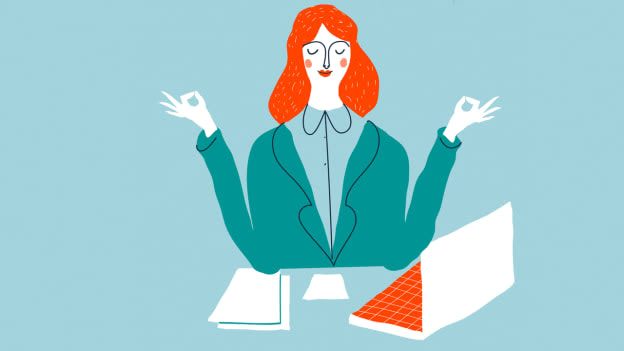Why one-size-fits-all solution won’t work for women workplace wellness

Nearly 50% of India's working women are feeling increased stress due to the Covid-19 pandemic, compared to men who stood at 38%, as per a survey by LinkedIn. The report also added that more than 46 percent of working mothers reported working till late to make up for work, and 42 percent are unable to focus on work with their children at home. This brings about the need for a gender-based approach towards emotional wellness programs. Gender is a critical determinant that we must consider when it comes to mental health.
Gaps in emotional wellness towards women:
More Stressors and Vulnerabilities in Women
Research paper ‘Women and mental health in India: An overview’ published in the Indian Journal of Psychiatry says that women and men differ in their psychological approach as much as their physical attributes. They are wired to react differently to stress, expressing their feelings, and the way they communicate. The research further adds that women are 2-3 times more vulnerable to Anxiety, Depression, Psychological distress. Women have increased stressors and vulnerabilities, be it childbirth, sexual abuse, domestic violence, and add to this the stressors have different dimensions for single women, married, new mothers, divorced, undergoing menstrual problems like PCOS, PCOD, and menopause. Then, there are societal factors like lack of opportunity for education, employment, independence.
Lower Utilisation of Psychological interventions
Women are less likely to talk about their mental illness because there is a gender bias stigma and they are not taken seriously. Psychiatric epidemiological data say that a ratio of one woman for every three men attending public health psychiatric outpatients’ clinics in urban India.
Poor awareness of Women-Specific Issues
At their workplace, they face a stigma that their managers do not understand women-specific issues. One of my female employees informed me that she wanted a menstrual leave offline when we spoke, however when she wrote an email, she mentioned she needed leave for health reasons. I messaged her and told her that it is okay to mention menstrual leave openly with us on record.
Steps that an Organisation must take to fill these gaps:
Increased Psychological Safety and Flexibility at work
Build a system of psychological safety in your organisation where employees can freely address their concerns without fear of embarrassment or retribution. Do a quick survey to understand the issues women are facing at the workplace. Emotional wellness programs must ensure that women feel safe to reach out for help and support when they need it. Improvise your programs, give women flexibility in timings, facilitate them so that they can juggle home and work in a better way. A report from SCIKEY Market Network said that during the pandemic 65 percent of women expected flexible or reduced working hours as an incentive from their organisations, considering the juggling of roles at home.
Increased awareness and dialogue on Women-Specific Issues
There needs to be greater awareness building among managers especially males about women-specific issues like menstruation, PCOD. Openness in communication is the key to awareness building. This bridges the stigma that women face when expressing their concerns.
Role Modelling by Women in Leadership
We need to consciously create female role models at the workplace. Women leaders should step forward, share their experiences on how they are handling work-life balance. This will also bring a sense of community empowerment among women across the organisation.
It is sacrosanct for organisations to look at emotional wellness from a scientific point of view for it to give conducive results. It is ideal to work with psychologists, psychiatrists, career coaches who will be able to devise a scientific solution to it. Make your culture free of inhibitions, so that women will feel supported. Emotional wellness programs are for the long run, it needs to be a core function in your organisation just like Marketing, Finance, Operations. Treat it right and build workplaces with resilient employees.
















